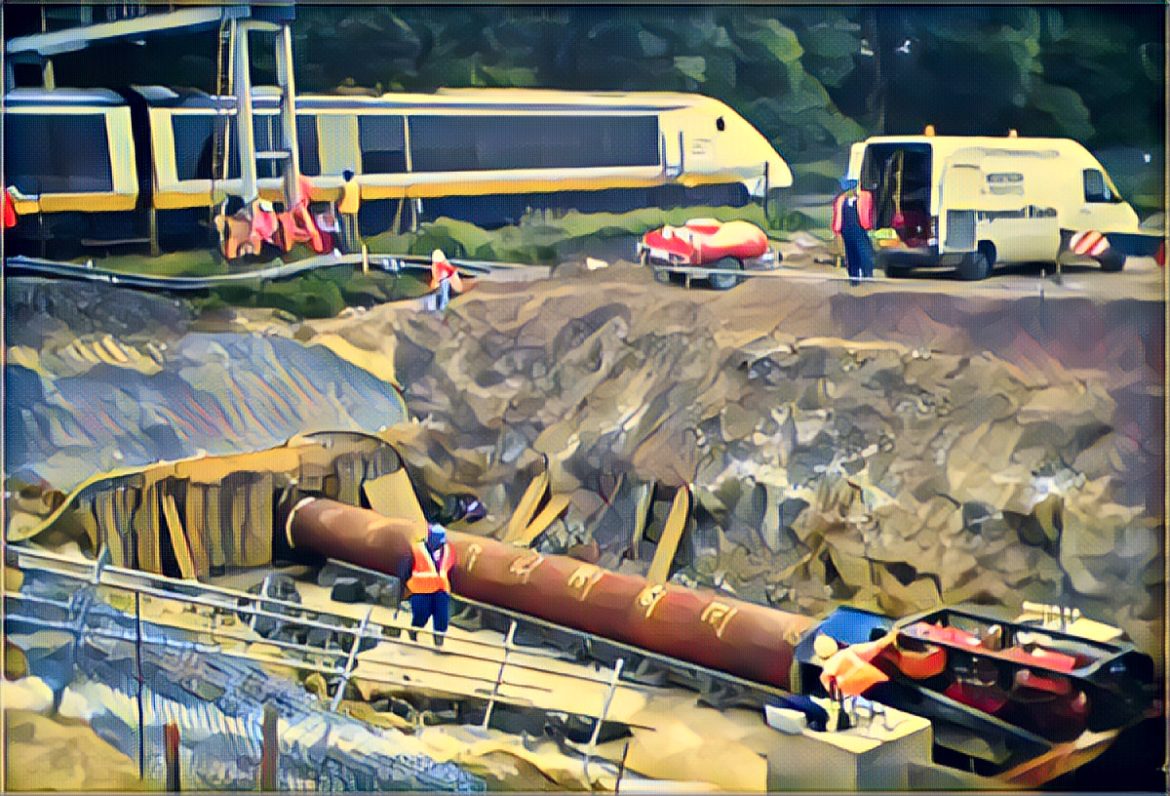In Nigeria, public assets are under threat, with yearly repair costs for vandalism exceeding N132 billion. The widespread destruction includes thefts of electricity transformers and cables, the removal of rail track slippers, tampering with oil pipelines, and damage to pedestrian bridges and road barriers.
Pipeline repairs alone cost the Federal Government about N60 billion annually. Each state spends an average of N2 billion on repairing vandalized public assets. Despite these staggering figures, the 2024 budget allocates only N1.32 trillion for infrastructure, a fraction of what is needed. Lagos State alone, grappling with severe infrastructure challenges, has allocated N482.86 billion for road infrastructure in its N1.76 trillion 2023 budget.
The impact of vandalism is not confined to Lagos. Across Nigeria, electricity distribution companies and the telecommunications sector report significant losses. For example, the Kaduna Electricity Distribution Company lost over N238.7 million worth of equipment due to substation vandalism in just six months. Similarly, the Ibadan and Eko Electricity Distribution Companies face losses amounting to millions due to stolen cables and damaged transformers.
According to a report by The Guardian, infrastructure expert Lookman Oshodi emphasized the need for massive education and punitive measures against vandals. He suggests that truck drivers causing damage should bear the cost, potentially covered by insurance.
The Nigerian National Petroleum Company Limited reported that pipeline vandalism and other challenges led to a loss of about N556 billion between August and October 2021. The former Minister of Information and Culture, Lai Mohammed, noted that an average of 200,000 barrels per day is lost to pipeline damage, with the Federal Government spending N60 billion yearly on repairs.
Elizabeth Eterigho, President of the Association of Professional Women Engineers of Nigeria, called for stronger law enforcement and public awareness to combat vandalism. She advocates for collaborative efforts with stakeholders to implement security measures like CCTV cameras and access control systems.
As Nigeria battles with infrastructure inadequacies, stakeholders urge the government to prioritize safety, invest in new technologies to prevent vandalism, and enforce existing laws to deter criminal acts against public assets.


